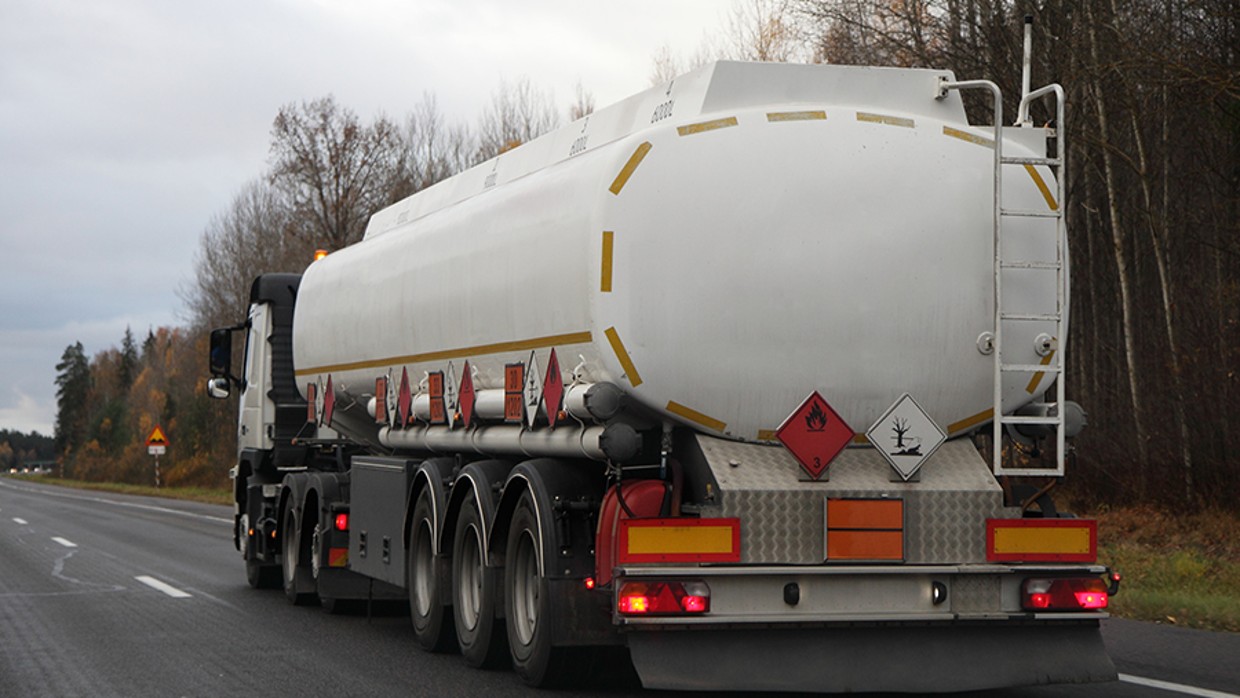News
News
Tanker manufacturers are more confident about the coming years
The mood among German vehicle manufacturers has improved noticeably since last year. The companies operating in the field of special superstructures for hazardous goods vehicles of all kinds are once again looking ahead “mainly optimistically” and see themselves as “well positioned” for the future.
Overall, economic development in Germany is still characterised by many uncertainties. The dynamics of the energy transition, for example, are enormous. No one can yet say with certainty which forms of energy will prevail in the next two decades, what technological advances will be made or how the political framework will change. Rapid changes and controversial discussions are currently the order of the day. However, investments in the energy transition and in a renewable, sustainable and affordable energy supply must be plannable in the long term. In addition, the financing of climate policy goals has not yet been secured to any extent.
Two trends are emerging under these conditions: Medium-sized companies in the vehicle manufacturing sector are continuously working on innovative solutions that contribute to the defossilisation of energy consumption and a reduction in CO2 emissions, particularly in the logistics sector. They are driving this forward to the extent that it is economically viable and accepted or demanded by the market.
Examples can be found in the airfield sector, in the use of electric drives, but also in the use of low-CO2, sustainable fuels such as HVO, but also regenerative liquid gas or hydrogen. All this has to be transported in order to be available on a decentralised basis.
These efforts are hampered by the still high price level, not just for vehicles with alternative drive systems, but for vehicle manufacture as a whole. Although the supply situation has normalised considerably, prices are falling only hesitantly, and a very good supplier and risk management is still required in order to work reliably in the vehicle sector.
Added to this are politically induced cost increases, such as an ever-increasing bureaucracy, which have to be passed on to the market.
The second trend is illustrated by the increasing realisation that the energy transition cannot be solved simply by generating electricity. “Green” liquid and gaseous energy carriers in the transport and building sectors are not so easy to replace.
This requires efficient logistics with the appropriate vehicles. As a result, the industry believes that tankers will continue to be in demand, in the coming years predominantly with classic diesel engines. Vehicle manufacturers therefore see their future as secure for the next decade.
Opportunities are also seen in specialised areas, such as the lubricants segment or logistics for chemical products.
The demand for tankers of all kinds – from small motorised vehicles to trailer combinations and semi-trailers – continues unabated. Medium-sized energy companies continue to play an important role as a customer group, even if there is still a certain reluctance to invest.
The export sector continues to be important for medium-sized German vehicle manufacturers. Although competition with low-cost suppliers is very intense in various regions, the companies continue to stand by their high quality standards and are confident that this will be honoured by their export customers in the long term. German vehicle manufacturers can compete successfully, especially in countries with high technical requirements.



